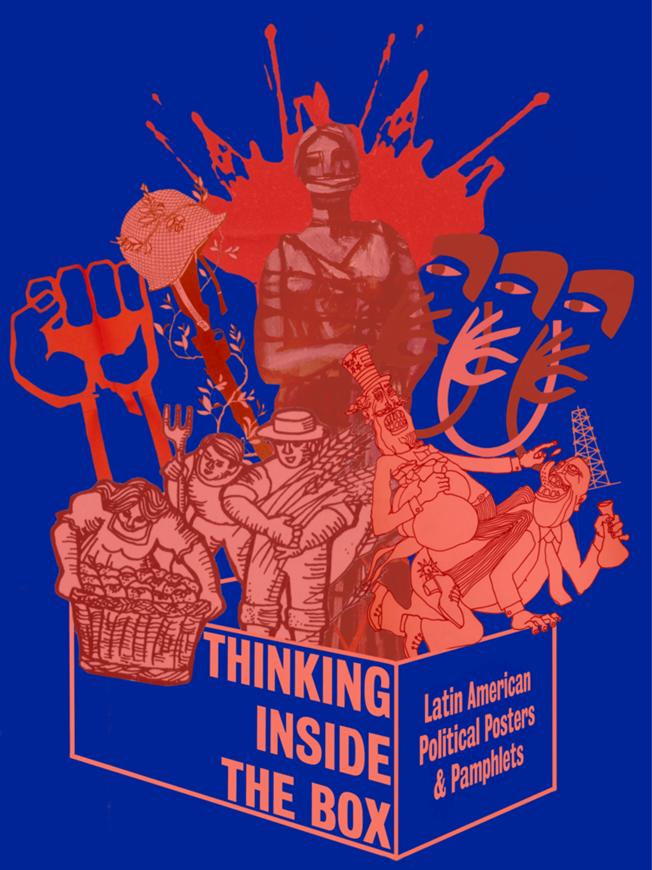Revolución y utopía en política y arte
el caso de la Cuba revolucionaria
DOI:
https://doi.org/10.7146/dl.v33i.150915Keywords:
Cuba, revolución, utopía, cine, música, políticaAbstract
This paper studies the interrelation of the concepts of ‘revolution’ and ‘utopia’ within the paradigmatic utopian-revolutionary experience of Cuba after 1959 by analyzing the understanding and interpretation of the two terms in three different discourses or cultural products: (1) the official political discourse as represented in the preamble to the Constitution of 2019 and in fragments of two discourses of Fidel Castro, (2) the poetics of singer-songwriter (cantautor) Silvio Rodríguez, and the cinema of Tomás Gutiérrez Alea. In the official political discourse, “the Revolution” is considered an omnipresent phenomenon going beyond its immediate historical and social dimensions; it identifies with the people and the nation and is seen as a kind of supreme subject. In the poetics of Silvio Rodríguez, revolution and utopia are mostly present as the potential of future and hope, imagination and persistence, not unlike the ideas of philosophers Bloch and Abensour. Gutiérrez Alea dives critically into the immediate social reality of revolutionary Cuba. As Silvio Rodríguez, Alea stays loyal to the revolutionary project and, seemingly, his criticism respects the limits of the official discourse. However, using subtle narrative and visual resources, his films manifest more radical levels of critique.
References
Abensour, M. 2008. “Persistent Utopía.” Constellations 15(3): 406-421.
Baker, G. 2011. Buena Vista in the Club: Rap, Reggaetón, and Revolution in Havana. Duke University Press: Durham.
Benmayor, R. 1981. “La ‘Nueva Trova’: New Cuban Song.” Latin American Music Review / Revista de Música Latinoamericana 2(1): 11-44.
Bloch, E. 1977. El principio esperanza. Tomos I y II. Madrid: Aguilar.
Bonfil Batalla, G. 1981. Utopía y revolución. El pensamiento político contemporáneo de los indios en América Latina. Editorial Nueva Imagen: México D.F.
Castañeda, J. 1993. La utopía desarmada. Ariel: Buenos Aires.
Castro, F. 1962. Palabras a los intelectuales. http://www.cuba.cu/gobierno/discursos/1961/esp/f300661e.html
Castro, F. 2000. Discurso primero de mayo. http://www.fidelcastro.cu/es/articulos/aquel-dia-en-que-fidel-definio-la-revolucion-como-nunca-antes
Chanan, M. 1996. “Estamos perdiendo todos los valores (entrevista a Tomás Gutiérrez Alea).” Revista Encuentro de la Cultura Cubana 1. https://www.cubaencuentro.com/revista/revista-encuentro/archivo/1-verano-de-1996
Constitución de la República de Cuba. https://www.parlamentocubano.gob.cu/index.php/constitucion-de-la-republica-de-cuba
Desnoes, E. 2006. Memorias del subdesarrollo. Mono Azul editora: Sevilla (publicación original: Casa de las Américas, La Habana, 1965).
Engels, F. 2021 [1880]. Del socialismo utópico al socialismo científico. Akal: Madrid
Fairley, J. 1984. “La Nueva Canción Latinoamericana.” Bulletin of Latin American Research 3 (2): 107-115.
Fernández Herrero, B. 1992. La utopía de América. Anthropos: Madrid.
Garcés Marrero, R. 2019. “Los primeros años de la Revolución cubana y las Unidades Militares de Ayuda a la Producción (UMAP).” Historia Crítica 71.
Guevara, E. “Che”. 2011 [1965]. El socialismo y el hombre en Cuba. Ocean Sur: La Habana.
Gustafsson, J. 1999. El salvaje y nosotros. Signos del latinoamericano: una hermenéutica del otro, Ph.D. tesis doctoral, University of Copenhagen: Copenhague.
Gustafsson, J. 2020. “La utopía y su música – la Nueva Trova y la Revolución cubana.” Diálogos Latinoamericanos 29: 40-54.
Gustaffson, J. 2021. “Anatomía de una utopía: la Cuba revolucionaria entre el buen lugar y el no lugar.” En: Nuevos mundos: América y la utopía entre espacio y tiempo, editado por J., M. Brenišínová y E. Ansótegui, Madrid: Iberoamericana.
Gutiérrez Alea, T. 1968. Memorias del subdesarrollo [película] ICAIC.
Gutiérrez Alea, T. 1982. Dialéctica del espectador. UNEAC: La Habana.
Gutiérrez Alea, T. 1983. Hasta cierto punto [película] ICAIC.
Gutiérrez Alea, T. 1993. Fresa y chocolate [película] ICAIC.
Laclau, E. 2005. On Populist Reason. Verso: Londres.
Leclercq, C. 2004. El lagarto en busca de una identidad. Iberoamericana Vervuert: Madrid.
Lenin, V. I. 2021 [1920]. La enfermedad infantil del “izquierdismo” en el comunismo. Akal: Madrid.
Levitas, R. 1990. The Concept of Utopia. Syracuse University Press: New York.
Levitas, R. 2013. Utopia as Method: The Imaginary Reconstitution of Society. Palgrave-Macmillan: Londres.
Moore, R. 2003. “Transformations in Cuban Nueva trova, 1965-95.” Ethnomusicology 47(1): 1-41.
Moore, R. 2006. Music and Revolution. University of California Press: Los Angeles.
Pro, J. 2018. “Introduction.” En: Utopias in Latin America. Past and Present, editado por J. Pro. Sussex Academic Press: Eastbourne.
Rojas, R. 2021. El árbol de las revoluciones. Ideas y poder en América Latina. Turner Noema: Madrid.
Sheppard, R. 2016. A Persistent Revolution. History, Nationalism, and Politics in Mexico since 1968. University of New Mexico Press: Albuquerque.
Sklodowska, E. 2016. Invento, luego resisto: El periodo especial en Cuba como experiencia y metáfora. Editorial Cuarto Propio: Santiago de Chile.
Downloads
Published
How to Cite
Issue
Section
License
Counting from volume 31 (2022), articles published in Diálogos Latinoamericanos are licensed under CC-BY 4.0. Read more about the license terms here https://creativecommons.org/licenses/by/4.0/.
No Creative Commons license applied on volumes 1-30. All rights reserved by the authors. Readers may download, read, and link to the articles, but they cannot republish the articles.
With the publication of volume 31 (2022), authors retain the full copyright to their articles and give Diálogos Latinoamericanos the right to the first publication. Authors also retain copyright to earlier versions of manuscripts, such as the submitted (pre-print) and the accepted manuscript (post-print).
Copyright to articles published in volumes 1-30 is held by the authors.





